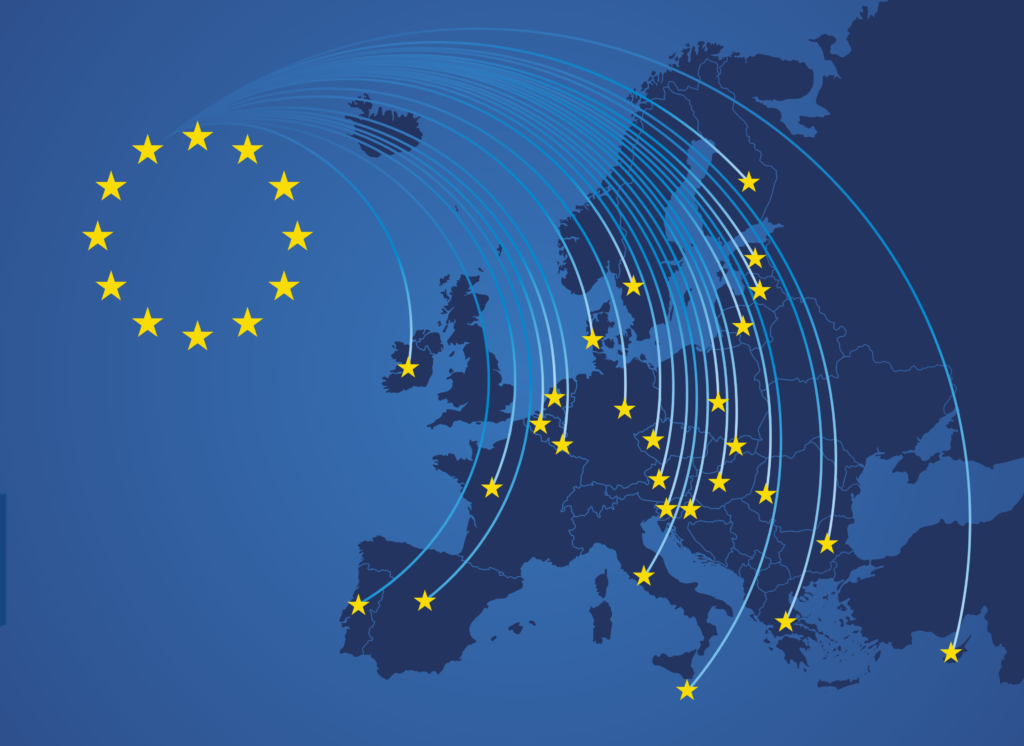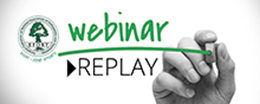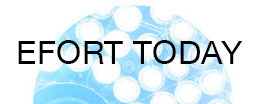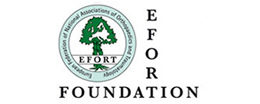Before the summer 2024, European citizens voted to elect members of the European Parliament (MEP) for a five-year mandate. Following this election, new MEPs entered into office and were elected in the many committees existing within the European Parliament.
In parallel to this new Parliament, a new Commission was formed after Ursula Von der Leyen was elected by the European Parliament as President of the European Commission in July 2024.
Each country nominated a candidate and Mrs. Von der Leyen assigned to each candidate in September 2024 a portfolio that will compose the college of commissioners.
The mandate of the new Commission is also of 5 years. Candidates proposed by Member States will then be heard in November 2024 by the European parliament before entering into office.
Among the many issues that the European Commission has to deal with, Health and Research are the two portfolios of great interest to EFORT and the Orthopaedics and Traumatology (O&T) community.
The upcoming Commissioner in charge of Health and Animal Welfare is Olivér Várhelyi, a Hungarian diplomat former Commissioner on Enlargement. In her mission letter, the President of the European Commission insisted that the upcoming commissioner would:
- Propose a critical medicine act;
- Conclude the work on the pharmaceutical package;
- Work on a new European Biotech Act;
- Ensure availability and competitiveness of medical devices;
- Work on preventive health including tackling Tobacco, AMR, Cancer, mental health;
- Complete the European Health Data Space including supporting the uptake of AI and scale up genome sequencing.
As per Research and Innovation, the upcoming Commissioner is Ekaterina Zaharieva, former Foreign Minister of Bulgaria. In her mission letter, Ms. Zaharieva should:
- Propose a European Research Agenda;
- Define a strategy to boost European Research Infrastructure;
- Propose a European Innovation Act;
- Create a network of trusted investors;
- Establish a European AI Research Council;
- Reinforce International research and innovation cooperation.
As a matter of fact, European issues in the field of Health and Research will follow the above-mentioned topics for the five years to come. Many other important health or research related topics will not be directly addressed at the European level such as Healthcare System funding, hospital management, training and competence of medical specialists, national research priorities, etc.
Many pressing issues affecting the O&T community in their daily practice do not seem to be reflected in these European Health and Research priorities. Of course the government of healthcare issues is devolved to European Member States, so only high level overarching issues are legislated in Brussels. EFORT continues to partner with other medical specialty societies through the Biomedical Alliance to influence policy for the good of our community.
At the European union level, large scale projects in line with these priorities can be funded thanks to the 2021-2027 multiannual financial framework. For instance, a large part of the European Regional Development Fund goes to the funding of hospitals. The Horizon or the Health Programmes offer several billion euros of funding provided it contributes to implement those priorities.
The O&T community can be involved at the European level to tackle the “European” issues. Through being involved as experts within the European Commission’s expert groups, applying for European funding or answering European consultation, the O&T community can voice its concerns and expectations. This should not preclude action at the national level in parallel.
EFORT is active in Brussels!
It operates in various ways to voice needs and expectations of the O&T community. Under the aegis of the EU Affairs Committee, EFORT is involved in:
- European projects: EFORT co-lead the CORE-MD project with the European Society of Cardiology that provided recommendation on the level of clinical evidence needed for high risk medical devices.
- European expert groups: EFORT is member of the Medical Device Coordination Group (MDCG) but also of the Expert Panels (the advisory group of the European Commission and EMA on high risk medical devices).
- Advocacy: through the Biomedical Alliance in Europe, EFORT contributes to shape the European agenda in Health and Research together with other European Scientific Societies.
Several EFORT representatives are involved in Biomedical Alliance’s committees. - European consultations: either as the European representative of the O&T community or through the Biomedical Alliance, EFORT provides responses to European public consultations.
Get involved!
The European Commission is regularly seeking expert medical advice. If you are interested, you might respond to the call for expert
EFORT has been a very active partner in the CORE-MD project on dissemination and exploitation of results. If you are applying for EU funding and need support, please contact us.
Do not hesitate to consult the European Commission’s tender and call portal to see if there are upcoming calls that might be of interest.



